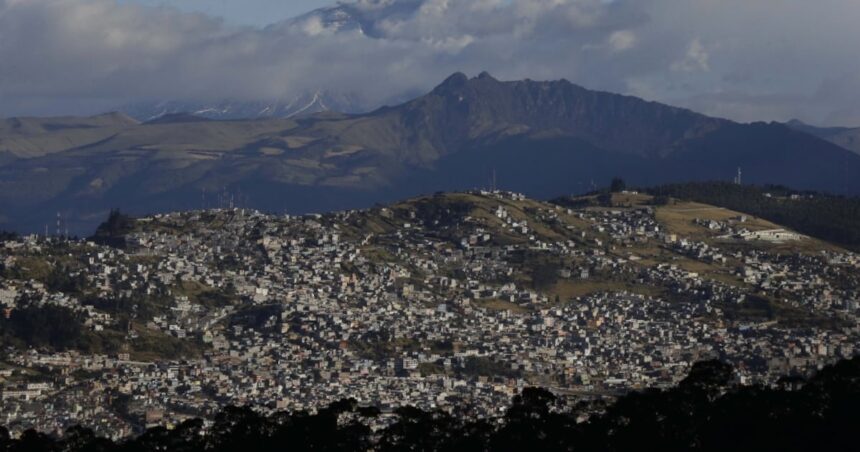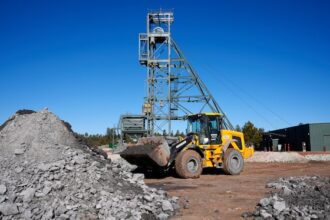The Ecuadorian government has dealt a significant blow to Canadian mining company Dundee Precious Metals (DPM) by revoking the environmental license for its Loma Larga gold project—a decision that sends shockwaves through the global mining sector and represents a victory for local environmental activists.
In a stunning announcement Friday, Ecuador’s Ministry of Environment cited “irreparable damage to sensitive ecosystems and water sources” as the primary reason for withdrawing approval for what was poised to be one of South America’s most significant gold mining developments of the decade.
“This project presented unacceptable risks to the Quimsacocha wetland system and local watersheds that supply drinking water to more than 200,000 residents,” said Environmental Minister Lucia Mendoza in the official statement. “Our technical assessment determined the proposed mitigation measures were insufficient to protect these critical natural resources.”
The Loma Larga project, located in Ecuador’s southern Azuay province, held estimated reserves of 2.6 million ounces of gold, 13.3 million ounces of silver, and 126,000 tonnes of copper. DPM had projected annual production of approximately 200,000 ounces of gold equivalent over a 12-year mine life, with capital expenditures exceeding $420 million.
DPM’s stock plummeted 17.3% following the announcement, erasing nearly $400 million in market value. The company expressed “profound disappointment” and indicated it would pursue all legal avenues to challenge the decision.
“We have invested over $100 million in this project and conducted extensive environmental studies that demonstrate our commitment to responsible mining practices,” said DPM CEO David Rae. “This revocation contradicts earlier approvals and sends a concerning message about Ecuador’s reliability as a mining jurisdiction.”
The decision follows years of intense opposition from indigenous communities and environmental organizations concerned about the project’s proximity to critical water sources. The Quimsacocha wetland system, which would have been impacted by mining activities, is considered sacred by local indigenous populations and serves as the headwaters for rivers supplying agricultural and residential areas.
Local community leader María Cárdenas celebrated the decision: “Today proves that when communities unite to protect water and life, we can prevail against powerful economic interests. This is not about being anti-development—it’s about ensuring development respects our right to clean water and healthy ecosystems.”
The revocation raises serious questions about Ecuador’s positioning in the global mining landscape. Under President Daniel Noboa, the country had previously signaled openness to responsible resource development as a path to economic diversification. Ecuador possesses substantial untapped mineral wealth, with an estimated $220 billion in potential mining resources.
Industry analysts suggest this decision could have ripple effects beyond DPM. “This creates significant uncertainty for the approximately $4 billion in mining investments planned for Ecuador over the next five years,” noted Carlos Vega, mining sector analyst at Scotiabank. “Companies will need to reassess the regulatory risk profile of their Ecuadorian projects.”
The controversy highlights the delicate balance between resource development and environmental protection facing many resource-rich nations. As global demand for gold remains strong amid economic uncertainties, mining companies increasingly confront heightened scrutiny regarding their environmental practices.
For DPM, which acquired the Loma Larga project through its $500 million acquisition of INV Metals in 2021, the path forward remains uncertain. The company must now decide whether to pursue legal challenges, attempt to renegotiate project parameters, or potentially write down a significant investment.
The decision also illustrates the growing influence of environmental considerations in global mining operations, with indigenous rights and water protection increasingly determining project viability alongside traditional economic factors.
For more industry updates, visit CO24 Business or check CO24 Breaking News for the latest developments in this ongoing story.










